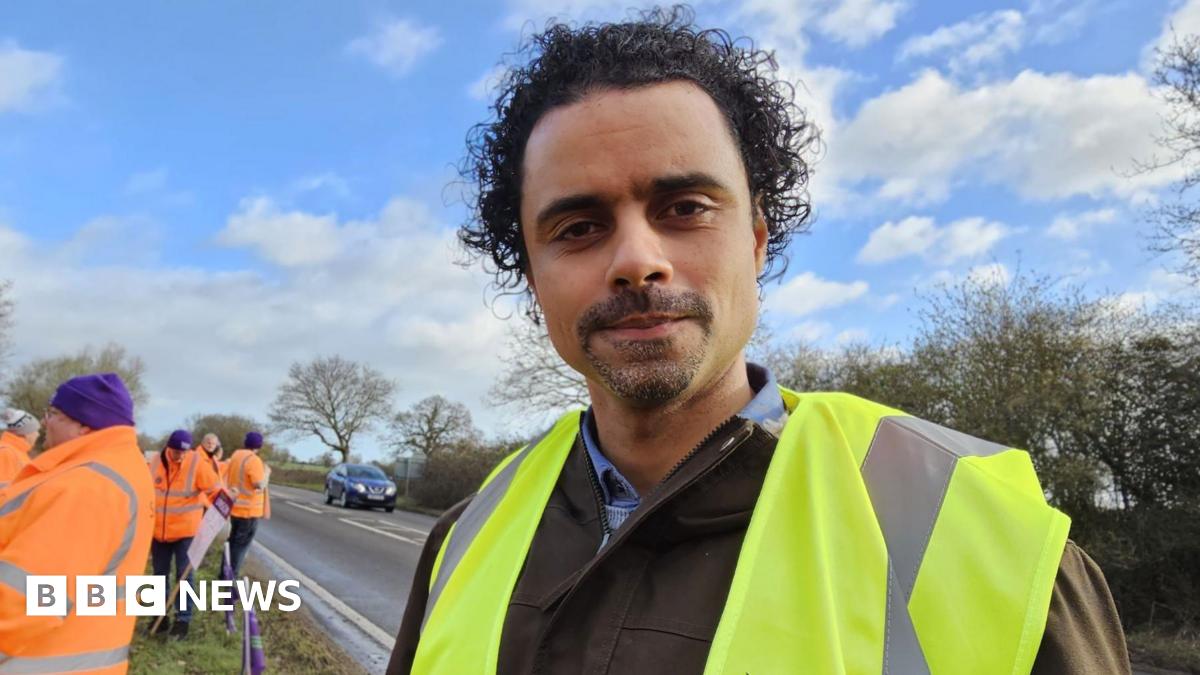Newcastle Star Dan Burn Breaks Silence: Seeking Mental Health Support is a Sign of Strength

In a powerful and increasingly important message, Newcastle United defender Dan Burn has courageously shared his perspective on mental health, emphasizing that seeking help is not a sign of weakness, but rather a demonstration of strength and self-awareness. Burn’s openness comes at a time when discussions around mental wellbeing are gaining crucial traction, particularly within the high-pressure world of professional sports.
The Premier League has seen a growing number of players and managers speaking out about their own mental health challenges, helping to dismantle the stigma that has historically surrounded these issues. Burn’s decision to join this conversation is a testament to the changing landscape and the increasing importance of prioritizing mental wellbeing alongside physical fitness.
“It’s not a weakness, is it?” Burn stated in a recent interview. “It’s a sign of strength to be able to say you’re struggling and to ask for help. It’s something I’m really passionate about.” His words resonate deeply, not only with his fans and teammates but also with countless individuals who may be silently battling their own inner demons.
The demands placed on professional footballers are immense, both on and off the pitch. Constant scrutiny from the media, relentless travel schedules, and the pressure to perform at the highest level can take a significant toll on mental health. Recognizing this, clubs are increasingly providing mental health support services to their players, but Burn’s openness serves as a reminder that proactive engagement and a willingness to seek help are essential.
Burn’s vulnerability is particularly impactful given his reputation as a tough and resilient defender. He's known for his physicality and determination on the field, making his willingness to discuss mental health all the more inspiring. He’s effectively shattering the outdated notion that athletes must be stoic and impervious to emotional struggles.
The conversation around mental health is far from over. Burn’s contribution is a significant step forward in normalizing these discussions and encouraging others to prioritize their wellbeing. His message is clear: it’s okay to not be okay, and seeking support is a sign of strength, not weakness. This message is vital for fostering a culture of understanding and empathy, not just within the sports community, but across society as a whole.
Ultimately, Dan Burn’s words serve as a powerful reminder that mental health is just as important as physical health, and that seeking help is a courageous act that should be celebrated, not stigmatized. His openness is a beacon of hope for those struggling and a testament to the ongoing progress in destigmatizing mental health challenges.





